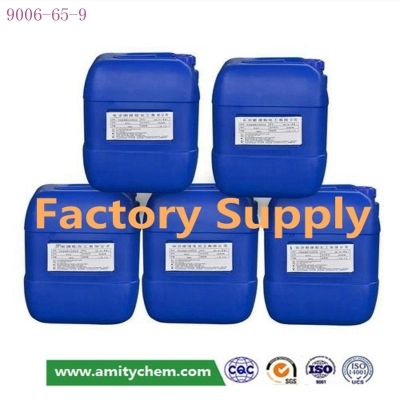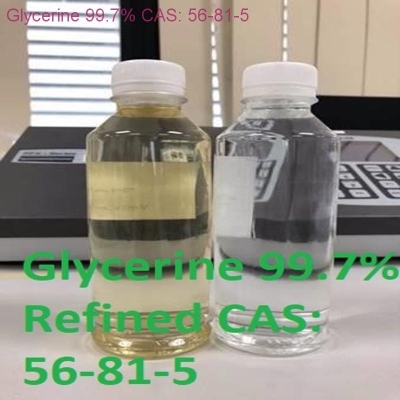-
Categories
-
Pharmaceutical Intermediates
-
Active Pharmaceutical Ingredients
-
Food Additives
- Industrial Coatings
- Agrochemicals
- Dyes and Pigments
- Surfactant
- Flavors and Fragrances
- Chemical Reagents
- Catalyst and Auxiliary
- Natural Products
- Inorganic Chemistry
-
Organic Chemistry
-
Biochemical Engineering
- Analytical Chemistry
- Cosmetic Ingredient
-
Pharmaceutical Intermediates
Promotion
ECHEMI Mall
Wholesale
Weekly Price
Exhibition
News
-
Trade Service
Inflammatory bowel disease (IBD) is a chronic inflammatory disease whose main forms are ulcerative colitis (UC) and Crohn's disease (CD).
symptoms and signs of IBD in the intestines.
, intestinal manifestations are common.
is one of the common extraintestinal manifestations of IBD, which significantly increases health care costs and negatively affects quality of life.
incidence of anaemia is about 20-30% in IBD patients, and CDs are more common than UC patients.
in patients with IBD can be caused by a variety of causes.
most commonly caused by iron deficiency caused by bleeding and absorption disorders, iron balance disorders caused by inflammation, and vitamin B12 and folic acid deficiency caused by bone marrow inhibition and absorption disorders.
tumor necrosis factor-α (TNF-α) inhibitors (Invlixi monoantigen and Adamo monoantigen) are the first-line biological treatments for IBD patients, and mucosal healing is the key to treating chronic inflammatory diseases.
study aims to assess the effectiveness of iron supplementation in IBD patients who were initially α anti-TNF-estrade drugs.
researchers collected data from 79 IBD patients who α anti-TNF-espresso treatment.
patients were divided into anti-TNF-α groups (n s 52) and iron-replenishing anti-TNF-α groups (n s 27).
assess the effects of different therapies on laboratory parameters, anaemia prevalence and disease activity at baseline (year 0) and 1 year later.
results showed a significant increase in hemoglobin (Hb) water level between the first and first years of the two groups of patients (anti-TNF-α group 12.0±1.8-13.3±2.0 g / dL The anti-TNF-α and iron supplement groups are 9.8±2.4 to 11.7±2.3 g / dL (p s 0.004) .
in subgroup analysis of severely anaemic IBD patients, iron supplementation increased the improvement in Hb levels (8.5±1.5-11.4±2.1 g / dL; p - 0.001) compared to the anti-TNF-α group (9.3±9.3).
disease activity improved significantly over the first year compared to year 0.
persistent anemia is significantly associated with severe anemia at baseline (p s 0.017).
Anaemia patients with IBD, anti-TNF-α drugs can improve anaemia in patients, not iron supplementation, the authors concluded.
addition, iron supplementation may be helpful in patients with severe anaemia in IBD.
.







